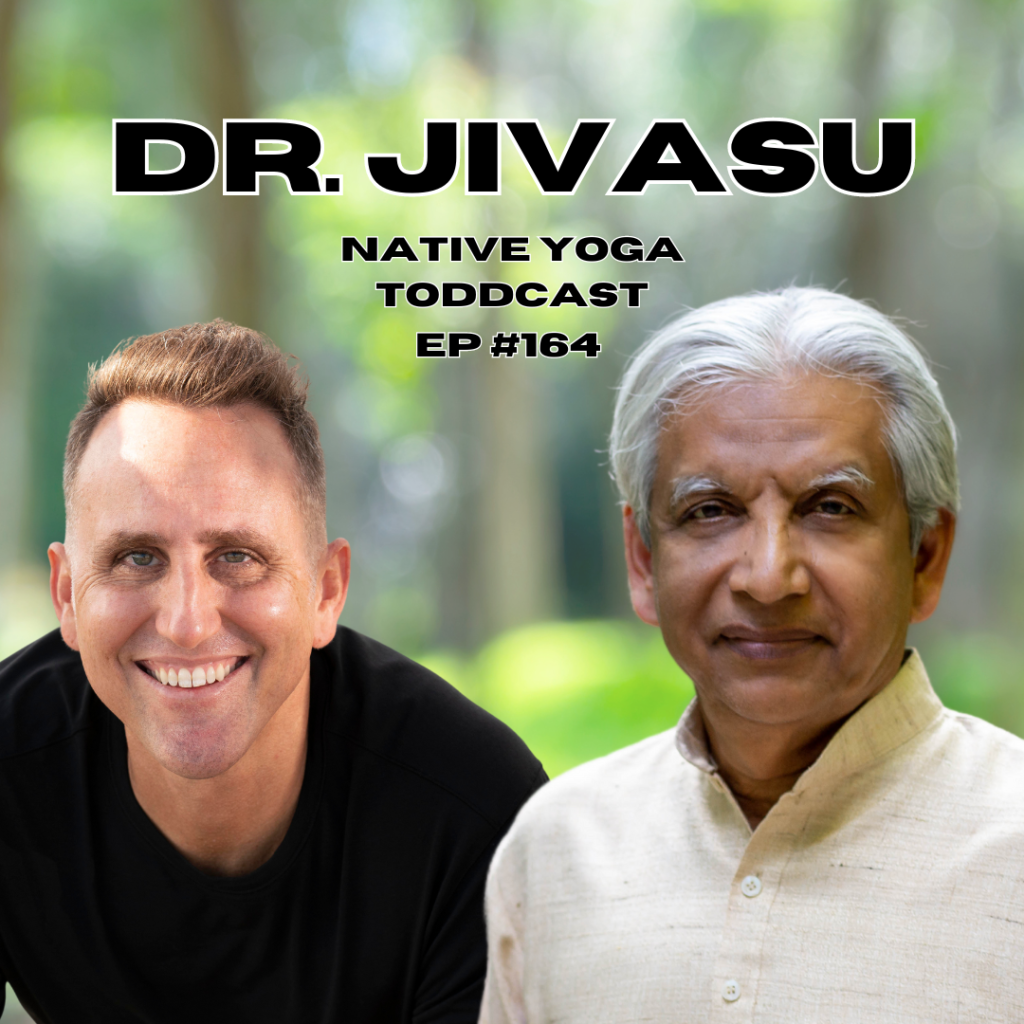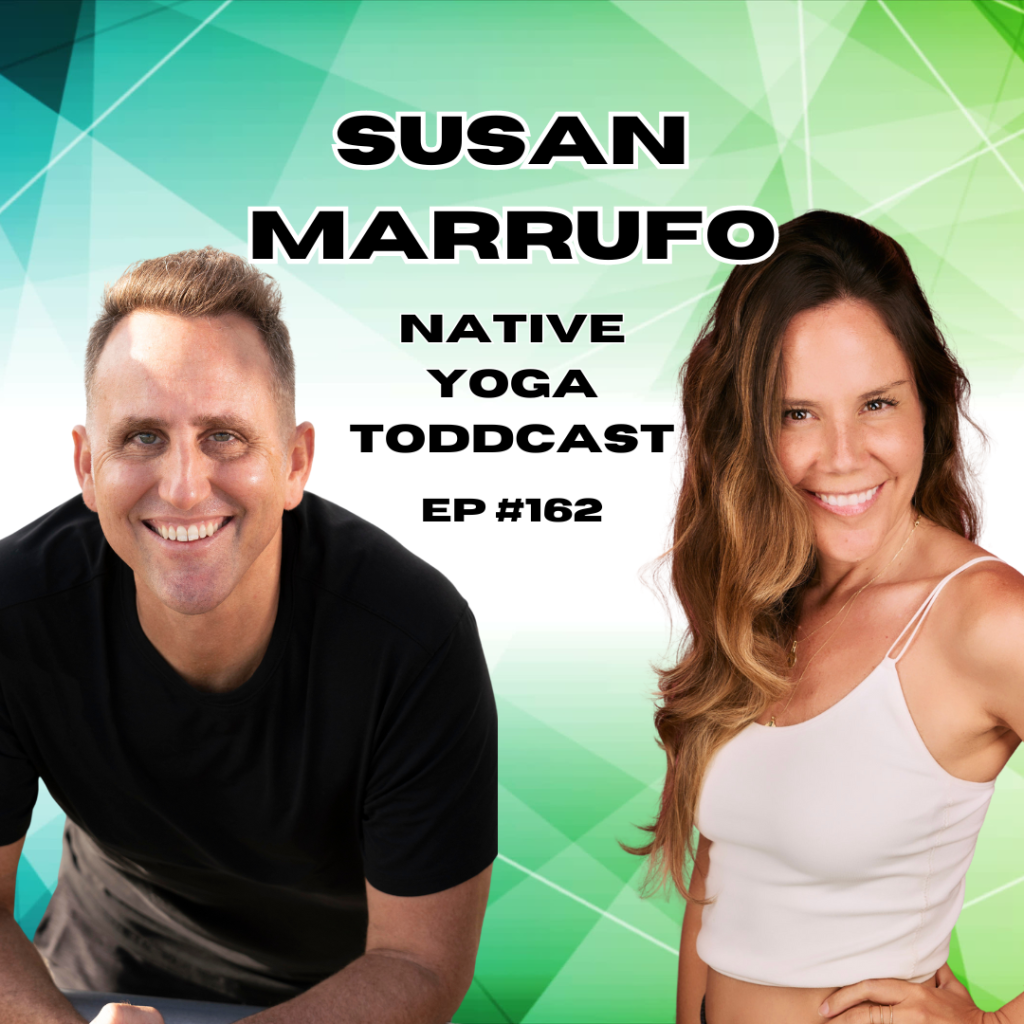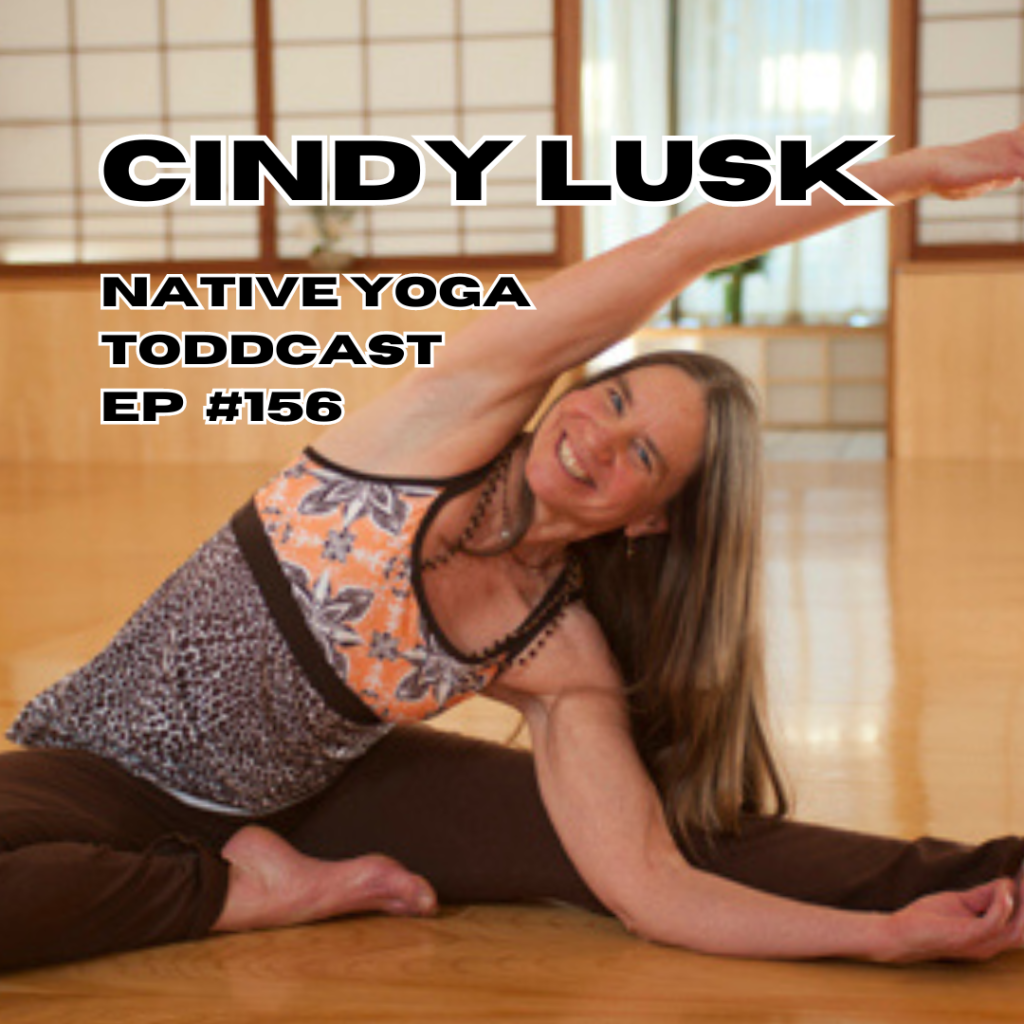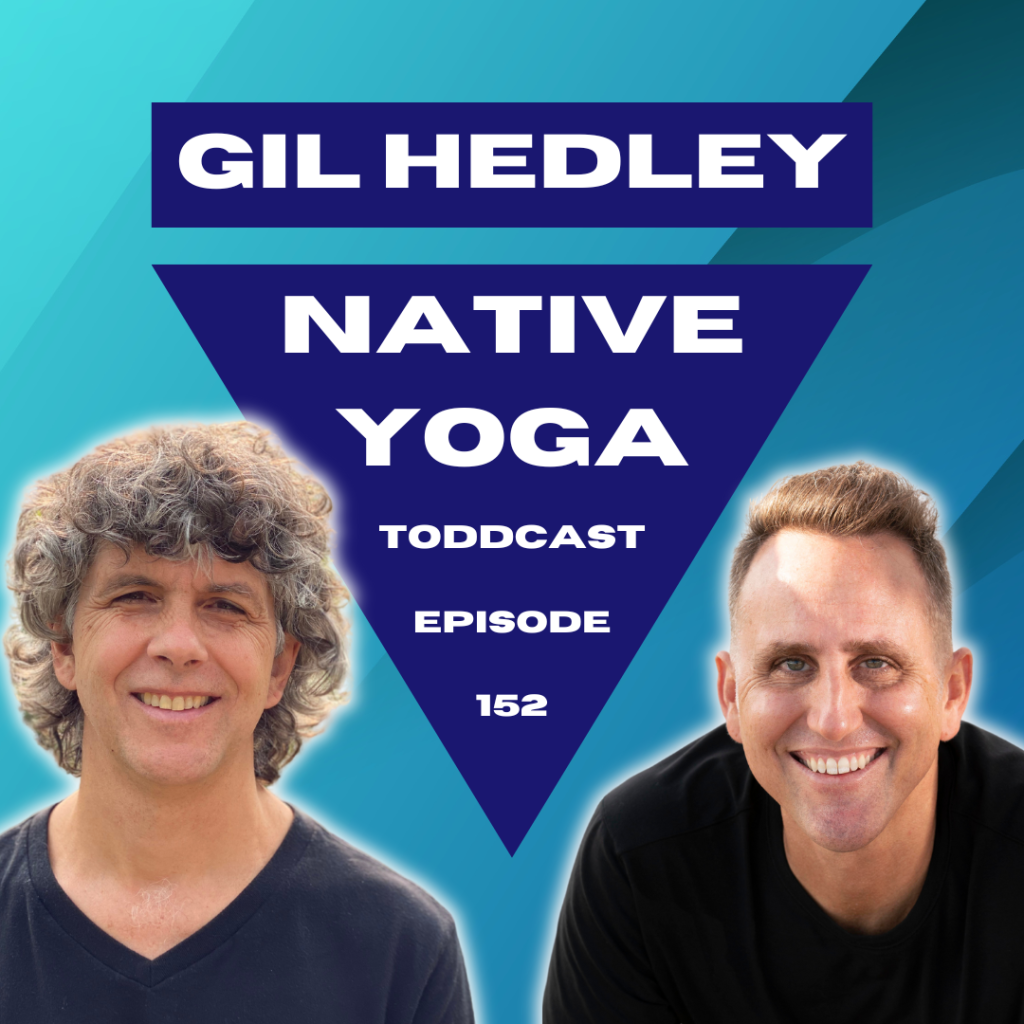
Listen to podcast with Dr. Jivasu for FREE Here
In this insightful episode, we are introduced to the multifaceted Dr. Jivasu, whose journey from a pediatrician to a spiritual teacher is as profound as it is enlightening. Touching on everything from Kundalini experiences to the foundational elements of Soma Yoga, Dr. Jivasu provides a glimpse into the deep connections between our physical existence and the universal forces of energy and consciousness.
Visit Dr. Jivasu on his website: https://www.jivasu.org/
Follow him here on IG: https://www.instagram.com/jivasumd/
On Youtube here: https://www.youtube.com/@SomawithJivasu
Key Takeaways:
- Dr. Jivasu had a transformative Kundalini experience that has shaped his life and teachings since 1984.
- Soma, Dr. Jivasu’s program, is a holistic approach to health and fulfillment, integrating practices from various yoga traditions and Chinese medicine with a focus on science and biology.
- The concept of Soma parenting emphasizes nurturing children according to their unique temperaments while providing emotional safety and encouraging their inherent potentials.
- Dr. Jivasu’s philosophy is grounded in reclaiming the individual’s intrinsic biological rhythm, aiming to unclog the body and mind from traumas and conditioning.
Embracing Somatic Wisdom: Nurturing Body and Mind for Holistic Health and Fulfillment
Our lives are complex tapestries woven from the threads of experiences, relationships, and the quest for inner peace and fulfillment. In an engaging dialogue with Dr. Jivasu, listeners are invited into an exploration of somatic wisdom and holistic health, bridging ancient wisdom, modern medicine, and a transformative approach to life.
Key Takeaways:
- Dr. Jivasu’s transformative experiences and the development of Soma Yoga emphasize the body’s potential as a source of healing and fulfillment.
- Soma Parenting acknowledges the individual temperaments of children, focusing on nurturing their innate potential.
- The interconnectedness of emotional, mental health problems, and environmental crises are discussed, with somatic practices suggested as personal pathways to global healing.
From Kundalini Awakening to Somatic Practices
Dr. Jivasu’s journey from a pediatrician to spiritual explorer presents a fascinating interplay between traditional medical training and profound spiritual experiences. He recounts a pivotal moment of intense physical and existential transformation, which he describes as a Kundalini awakening. This experience catalyzed a shift in his perspective, inspiring him to delve deeper into the intersections of health, energy, and spirituality.
“I felt a massive, massive surge of energy in my body… everything seemed rather painting-like as it had no real substance as it was made up of paper.”
This testimony highlights the transformative power of mind-body experiences. Dr. Jivasu’s subsequent development of Soma Yoga is grounded in this recognition of the body as a conduit for energy and consciousness. Soma Yoga is characterized by intuition-led movements, where one’s internal sense informs physical postures, suggesting profound implications for our understanding of health and self-healing.
The Science of Soma: A Biological Perspective on Spiritual Practices
Dr. Jivasu’s Soma teachings bridge the gap between science and spirituality without relying on mystical or metaphysical concepts. He emphasizes the body’s intrinsic capability for bliss and creativity, supported by its biochemistry and neurobiology.
“Our body and brain is the largest pharmacy containing all the molecules, hormones, and chemicals which will give us peace, passion, and bliss.”
This assertion underpins the emergence of Soma Yoga and Soma Parenting programs, underscoring a science-backed approach to spiritual practices. By tapping into the body’s natural pharmacy of happiness-inducing chemicals, Dr. Jivasu’s methodologies offer tangible pathways towards fulfillment and well-being. His ideas echo a shift in the holistic health paradigm, where spiritual experiences are understood through the lens of biological science.
Nurturing Future Generations: The Roots and Wings of Soma Parenting
In discussing Soma Parenting, Dr. Jivasu presents a compelling vision for nurturing children’s innate potential. He envisions a dual approach: rooting children in emotional safety and cultivating their unique temperaments, allowing them to develop like gardeners—observing and protecting rather than sculpting.
“So because children have to be rooted in a family, in a culture… they give them wings. So when a time comes, they could fly in the freedom in the vast space on their own.”
This perspective is a refreshing take on parenting and education, marrying the need for stability with the freedom for authentic self-expression. The broader implications of such an approach can significantly impact societal attitudes towards child rearing, with potential ripple effects on future generations’ mental and emotional health.
Reclaiming Personal Space: The Practice of Somatic Breathing
In a practical demonstration of his teachings, Dr. Jivasu guides listeners through somatic breathing—a practice aimed at reclaiming one’s peripersonal space and enhancing presence and self-awareness. By directing attention to the breath and synchronizing it with the movement of the arms, the exercise becomes a meditation in motion, expanding one’s sense of presence beyond the physical body.
“Feel that arc or circle, because that is your personal space… Your asmita peeling it for another minute and then are slowly opening of rise.”
The practice illustrates the intimate relationship between mind, body, and space, suggesting a holistic approach to personal well-being that can be integrated into everyday life.
As we navigate through the complexity of modern life, perspectives like Dr. Jivasu’s offer a beacon of hope. Through intuitive embodiment, nurturing of innate potential, and a conscious connection with our surroundings, we find the essence of holistic health and fulfillment—a call to return to our fundamental nature and unlock the reservoir of tranquility that resides within.
Thanks for listening to this episode. Check out: 👇
Free Grow Your Yoga Live Webinar – Every Thursday at 12pm EST
➡️ Click here to receive link
New Student FREE Livestream Yoga Special ~ Try 2 Weeks of Free Unlimited Livestream Yoga Classes at Native Yoga Center. info.nativeyogacenter.com/livestream Sign into the classes you would like to take and you will receive an email 30 minutes prior to join on Zoom. The class is recorded and uploaded to nativeyogaonline.com ➡️ Click Here to Join.
Practice to a New Yoga Class every day with our nativeyogaonline.com course called Today’s Community Class with code FIRSTMONTHFREE.
Subscribe to Native Yoga Center and view this podcast on Youtube.
Thank you Bryce Allyn for the show tunes. Check out Bryce’s website: bryceallynband.comand sign up on his newsletter to stay in touch. Listen here to his original music from his bands Boxelder, B-Liminal and Bryce Allyn Band on Spotify.
Please email special requests and feedback to info@nativeyogacenter.com
Native Yoga website: here
YouTube: here
Instagram: @nativeyoga
Twitter: @nativeyoga
Facebook: @nativeyogacenter
LinkedIn: Todd McLaughlin





